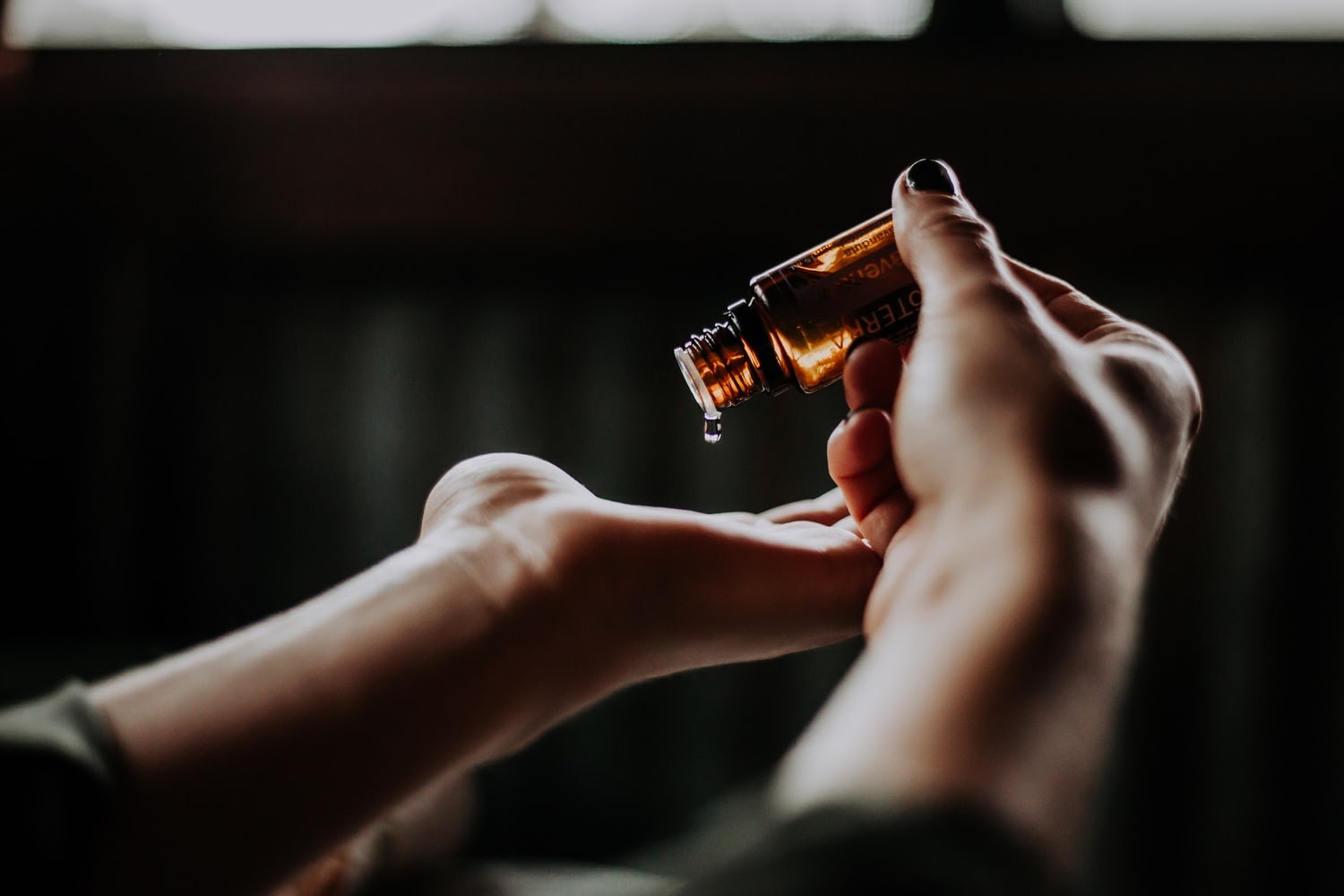Alternative medicine has been around since the early days. It has been a huge part of ancient cultures worldwide. Not until the 19th century, where the use of chemical drugs as treatment became mainstream until now.
The dangerous and fatal side effects of these drugs worried the public. People became woke on the lasting harmful effects that mainstream medicine brings to society and the environment (read more).

People sought out a holistic healthy living by the use of alternative medicines such as essential oils. Although marketed as a product of indulgence before, essential oils redeemed itself by proving its efficacy today.
Essential oils are derived from plant extracts. A plant or some of its parts (bark, flower) undergoes extraction methods to get its aromatic essence and beneficial compounds. The isolated liquid combined with carrier oil makes up an essential oil. The medicinal effects of essential oils are introduced to the body by inhalation or topical means.
Due to its medical benefits, essential oils became popular to the health-concerned individuals. Since then, different kinds of plant-based essential oils graced many pieces of research. One such oil that has physical and mental health benefits is the wintergreen essential oil.
All About Wintergreen
Wintergreen oil came from the extraction of the wintergreen herb leaves. The herb is also known as teaberry and checkerberry.
The wintergreen’s leaves went through the natural process of fermentation and steam distillation to obtain its active components. One active compound found on the plant is methyl salicylate (which is related to aspirin: https://www.nepjol.info/index.php/NJST/article/view/10416).
Methyl salicylate is widely used in the field of medicine as an analgesic. But, pharmaceutical manufacturers preferred creating a synthetic methyl salicylate as opposed to natural ones.
Due to its minty smell and flavor, wintergreen leaves are a component of several products like toothpaste, mints, and mouthwash.
In alternative medicine, wintergreen is used during aromatherapy. It comes in the form of essential oil, dermal cream, and inhaler.
Uses and Benefits of Wintergreen Essential Oil
1. Pain and inflammation
The main constituent of wintergreen is methyl salicylate, which has pain-relieving and anti-inflammatory properties. Its aspirin-like mechanism made way for the natural treatment of muscle and lower back pains, headache, and migraine.
Wintergreen essential oil is also used to cure indigestion, stomach aches, and menstrual cramps. As an inhaler or vapor rub, it relieves nasal and respiratory congestion.
2. Brain-boosting properties
It is popular in aromatherapy applications due to its sweet and minty aroma. This essential oil has brain-boosting properties that improve focus, boosts energy levels and brain activity. Its mood-uplifting properties help in relieving stress, anxiety, and mental fatigue.
Wintergreen oil as a component of herbal teas is used as a natural substitute for coffee. It enables your mind to concentrate and at the same time keeps you awake. Its natural medicinal properties are far more superior to that of caffeine.
Manufacturers, as seen in the Moxe article, make wintergreen available as an inhaler and essential oil when used for its brain-enhancing function.
3. Rheumatic pain medicine

Relieving the pain caused by rheumatism is one of its important benefits. When applied topically, it is easily absorbed by the skin and into the muscles that surround the joints. Externally, it gives warmth and soothing sensation to the area. Internally, it relieves muscle and rheumatic pains. It also improves the affected area’s blood flow.
4. Improves dental health
Aside from it being a component of dental products, wintergreen oil also controls dental health problems like plaque and gingivitis from getting worse . Its tannin and mucilage component makes it a prime natural cure for dental problems and traumas. It prevents infection, swelling, and promotes faster healing.
5. Invigorating effect
Diluted and inserted in a vaporizer, wintergreen essential oil acts as a deodorizer in an indoor environment. Its minty aroma eliminates air microbes and foul smell. It also has a revitalizing effect that promotes a positive environment.
Its Contraindications
Like any other medicine, this essential oil also comes with safety and precautionary risks when used excessively. Large amounts of methyl salicylate are harmful and can be poisonous to the body. Always follow the product’s indication of use in its packaging leaflet.
People with aspirin allergy and hemophilia are prohibited to use wintergreen essential oil. Like aspirin, it has blood-thinning properties that are dangerous to people with blood disorders.

